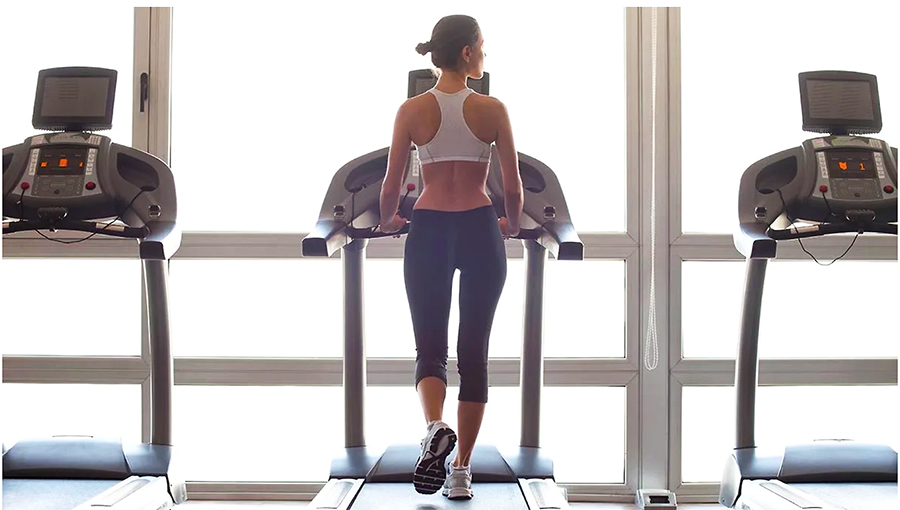IHRSA has requested that Congress include health clubs, fitness centers, gyms, studios, and fitness industry suppliers in the economic stimulus package.
IHRSA wrote in a statement, “U.S. health clubs and studios are vital to the economy; they serve 74 million consumers, generate $32.3 billion in annual revenue and employ over 800,000 people. Those jobs are at risk. As a result, IHRSA is fighting to ensure the inclusion of health clubs of all types and fitness industry suppliers in any relief package.”
As soon as the U.S. Congress indicated that it would be working on economic relief packages for businesses and industries impacted by the COVID-19 pandemic, IHRSA and IHRSA Board members began working with the association’s Washington, D.C.-based lobbyists to ensure that the fitness industry would be included in a relief package.
The first step in the process was submitting a letter to House and Senate Leadership on March 17, 2020, introducing the fitness industry’s plight to Congress. Then, on Wednesday, March 18, IHRSA staff, members of the IHRSA Board of Directors, and Industry Leadership Council members met with IHRSA’s team of lobbyists in Washington D.C. to ascertain the industry’s more specific ask.
A letter-writing campaign was launched which, as of Friday, March 20, has already generated 33,000 letters to Congress from more than 11,000 participants.
To date, a total of three stimulus packages prompted by the coronavirus pandemic have been in discussion by Congress. The first, which passed immediately, was for direct funding to medical research and testing. The second was for family assistance of affected front line health employees.
The third stimulus package will include support for first responders, local governments, and industries and small businesses impacted by business disruption from the coronavirus.
On Friday, March 20, based on new developments in Congress, and the discussions with ILC members, Board members, and the DC lobbying team, IHRSA sent a new letter with specific asks to Congressional leadership.
In the March 20 letter, IHRSA points out that health clubs, like restaurants, were one of the first industries mandated to close, and are bearing the economic brunt of the pandemic. IHRSA also stressed that most clubs and studios are small businesses with large numbers of employees who only receive compensation when they work, and they can only work when the club is allowed to open.
In the letter, IHRSA President and CEO Joe Moore said, “without direct relief, these businesses will close, laying off at least 425,000 employees and up to 800,000 when independent instructors, personal trainers, and other staff are counted.”
The industry’s ask has four distinct requirements:
- Include Health Clubs, Studios, and Fitness Suppliers to Recovery Fund – Add $32 billion to aid health clubs, studios, and their suppliers to any recovery fund that compensates restaurants and other early affected businesses.
- Ensure Business Interruption Insurance Covers COVID-19 – Pass regulations allowing business interruption insurance policies to cover COVID-19 through a federal guarantee.
- Temporary Mortgage and Lease Forbearance – Pass regulations allowing for temporary waivers from fees over late mortgage, lease, or rent payments.
- Access to Zero-Interest Loans – Access zero-interest loans to provide for capital to make payroll and sustain operations.
In the letter, IHRSA also stressed that clubs “have a deep ingraining in their communities and that it is crucial for clubs and suppliers to be up and running, providing valuable services when the world returns to normal.”
IHRSA wrote in its statement, “Now is not the time for America to lose one of its best preventative tools for reducing the impact of viruses and diseases such as COVID-19. It is vitally important to the health of our nation that a strong health club and fitness industry is maintained. It is for these reasons that health clubs, studios, and fitness industry suppliers must be included in any industry relief fund for lost revenue and receive mortgage and lease relief.”
Photo courtesy Consumer Reports















